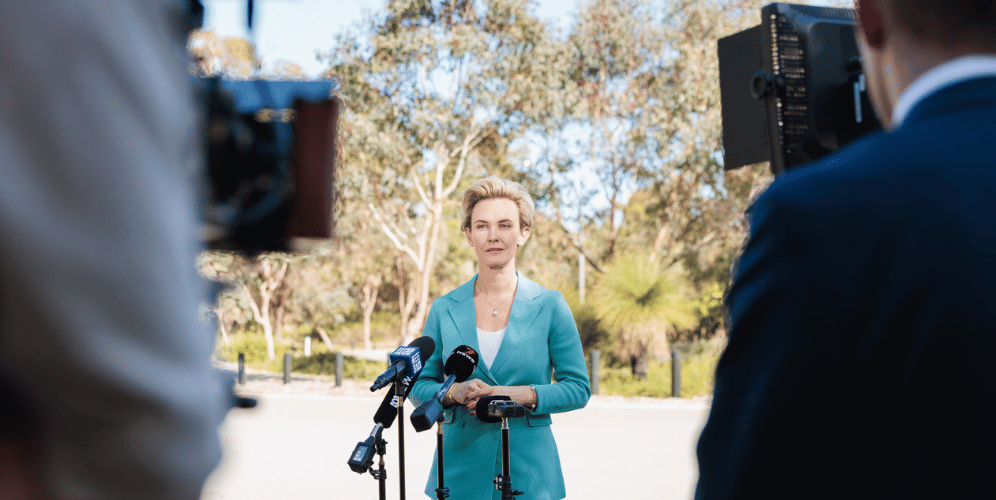
With the announcement of reforms to the Residential Tenancies Act 1987 last week, there are plenty of questions about what the reforms will mean in practice, how they will be implemented, and when.
We have compiled a summary of the reforms and the most Frequently Asked Questions coming from members of the community, as we focus on working with the government to achievement practical and pragmatic outcomes for all parties.
What is the Residential Tenancies Act?
The Residential Tenancies Act 1987 (or RTA) is the law that outlines the rights and responsibilities of tenants and landlords in Western Australia, as well as providing the process for settling disputes.
Why is the RTA important now?
Delays in new home building completions caused by labour and material constraints over the past couple of years have meant the supply of housing has just not kept up with demand. Perth’s vacancy rate is currently sitting at 0.7% making it incredibly difficult for tenants to find a home. For owners, soaring interest rates and invasive regulatory changes are causing them to leave the rental property market, with more than 19,200 rentals lost across WA since January 2021. By contrast, more than 70,000 people have chosen to make WA their home since then.
It’s been more than 10 years since the State’s rental laws have been reviewed and a lot has changed. After a three-year review, the State Government has announced an update to the RTA that if feels will balance the demands of both renters and landlords in a challenging environment by providing greater flexibility for prospective tenants, as well as investor certainty and ownership control.
What has the State Government announced?
After much consideration, the State Government has announced the following proposed changes to the RTA:
- no changes to no grounds terminations
- prohibiting the practice of rent bidding, with landlords and property managers unable to pressure or encourage tenants to offer more than the advertised rent;
- reducing the frequency of rent increases to once every 12 months;
- tenants will be allowed to keep a pet or pets in a rental premises in most cases;
- tenants will be able to make certain minor modifications to the rental premises and the landlord will only be able to refuse consent on certain grounds;
- the release of security bonds at the end of a tenancy will be streamlined, allowing tenants and investors to apply separately regarding how bond payments are to be disbursed; and
- disputes over bond payments, as well as disagreements about pets and minor modifications, will be referred to the Commissioner for Consumer Protection for determination.
We understand investors and property managers will have concerns over some aspects of these reforms. There’s some detail that we have to work through in terms of the implementation of these reforms, in particular around pets and modification, but we believe that we can get some pragmatic and practical outcomes that do strike a balance between the rights of tenants and property owners.
What do these changes mean for me?
Like the State Government, REIWA believes a balance has been struck between the need for reform and the need to incentivise investment that builds rental supply in Western Australia. For both renters and prospective renters, these changes will allow for a more modern lease, with more freedom and flexibility to choose how they can turn a house into a home.
For investors, REIWA has been assured these changes will not unduly impact the rights of the property owner. These proposals will also draw a line under tenancy reform in Western Australia, which will encourage certainty for investors currently in the market, as well as prospective investors.
What is REIWA doing?
REIWA is continuing to work closely with the State Government, reviewing the detail of these reforms aimed at improving the relationship between tenants and investors, as well as addressing some of the issues relating to the tightening rental market.
REIWA will be engaging directly with members on these reforms to make sure changes are well understood by those affected.
REIWA will be watching closely to ensure that policymakers prioritise the needs of the local community. REIWA will continue to advocate for fair and equitable treatment of investors, and tenants in Western Australia.
What else is happening to alleviate the rental crisis?
We are pleased to see the State Government’s recent budget announcements such as the $511 million investment in new social housing and homelessness initiatives, an additional $450 million to the Social Investment Housing Fund, and a $33 million allocation to the off-the-plan transfer duty rebate.
We believe initiating sensible, practical policies to alleviate the pressure on the market is the right approach for Western Australia.
What happens next?
The shortage of rental stock in Western Australia will not be fixed overnight. It will take time for housing supply to improve under the best of circumstances. REIWA encourages all members of the community to join us in advocating for policies that stimulate growth and investment.
Where can I hear more about this?
For more information on the State Government’s announcement, see here.
For more information on REIWA’s response to these changes, see here.
Sourced from REIWA

